If Covid leaked, China’s credibility is in tatters
No longer a fringe theory - growing evidence the virus escaped from a Wuhan lab shatters the global notion of Beijing’s ascendancy that’s infecting the West.
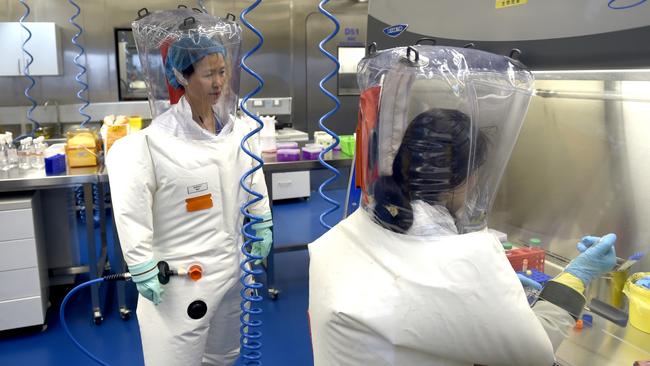
When prominent Republicans alleged more than a year ago that the Covid-19 pathogen might have leaked from a Chinese laboratory, they got the usual treatment from the truth vigilantes in the world’s media. “Trump fans flames of Chinese lab coronavirus theory,” declaimed a Guardian headline in April 2020 after the then president had publicly aired the idea.
In February, Tom Cotton, a Republican senator from Arkansas, alleged in a congressional hearing and later on Twitter that the lab-origination theory was a much more likely explanation than the official Chinese account that the virus passed from animals to humans, probably from a market in Wuhan.
The common-sense case for a lab leak is the same as it was in January 2020, when I first mentioned the possibility.
— Tom Cotton (@SenTomCotton) May 25, 2021
The New York Times called Cotton’s remarks a “conspiracy theory”. The Washington Post’s version was headlined, “Tom Cotton keeps repeating a coronavirus conspiracy theory that was already debunked”. The BBC rolled out its Oracle of Truth, the “Fact Check” man, Christopher Morris, to deliver the definitive verdict: he characterised the idea that the pandemic had been anything other than of zoonotic origin as a “dodgy claim”. Well into this year, any suggestion that a Chinese government institution might have been culpable for unleashing the deadly global virus was dismissed.
The World Health Organisation’s investigation in February into the origins of the virus was about as rigorous as the BBC’s repeated examinations of Martin Bashir’s journalistic methods.
In the last few weeks, the official version, created by China, propagated by the WHO and given credulous authority by most of the media, has begun to crumble.
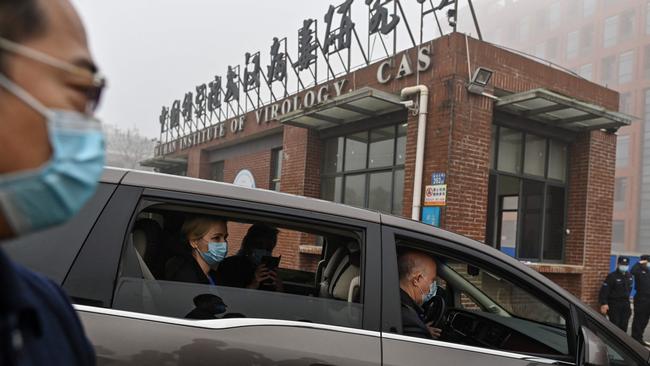
Last weekend the Wall Street Journal reported that three lab workers at the Wuhan Institute of Virology got so ill with virus-like symptoms in November 2019 that they sought hospital treatment. It was a critical revelation that built on evidence from other enterprising reporters that the lab leak hypothesis may well be a much better explanation for what happened.
The most comprehensive analysis was published earlier this month by Nicholas Wade, a former science reporter for the New York Times who now writes independently. He concluded that there were a number of factors that suggested the lab hypothesis was somewhat more likely. The nature of the virus was different from earlier viruses like Sars and Mers, in that it seemed not to have gone through the usual mutations in passing from animals to humans, but was already essentially perfectly fitted to infect human targets.
The fact that the bats supposedly responsible for infecting unsuspecting Chinese people were from a cave nearly 1,600 kilometres from Wuhan, and the existence of one of China’s biggest virology testing laboratories in the city itself, where it was known experiments on coronaviruses had been carried out, were further powerful circumstantial evidence.
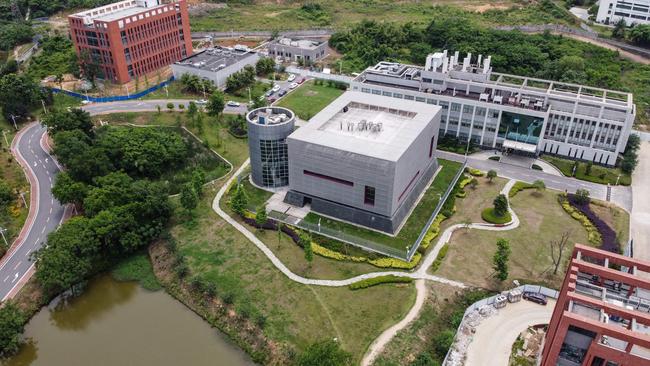
As Mr Wade told me, hygiene security at the lab was little better than you’d expect to find in a dental clinic. “The Chinese scientists are working under internationally agreed rules, but virologists don’t like to work in these very high-security labs. It’s all very cumbersome. So they allowed these experiments with coronaviruses to go on in this very low-level security arrangement.”
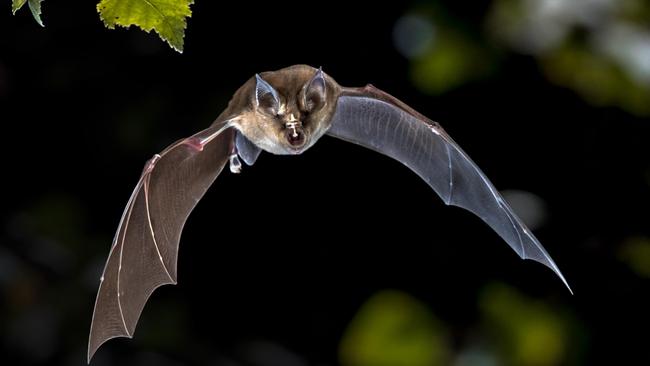
Last weekend, after a year of dismissing the lab-leak theories, Anthony Fauci, the leading infectious disease specialist in the US government, added his voice to those who think it’s at least plausible. “Are you still confident that [Covid-19] developed naturally?” he was asked at a conference called - you can’t make this up - “A Festival of Fact Checking”. “No, I’m not convinced of that,” he said, adding that all hypotheses need to be investigated.
It’s too soon to be conclusive. If we’ve learnt anything in the past year it ought to be that leaping to ex cathedra declarations of indisputable fact on the basis of incomplete and potentially false evidence in furtherance of a partisan agenda is something journalists really ought to avoid. The important issue is not the way the treatment of the lab-leak hypothesis has further damaged the tattered credibility of most media. It offers an important antidote to much of the thinking about modern China that has come to dominate political thinking and commentary in the US.
The Chinese communists, along with much of the commentary class in the West, have hailed China’s response to the virus as yet another example of the superiority of the Chinese model. It’s becoming common in much of the world to contrast the modern pathologies of America - political division, economic stagnation, social unrest - with the steady, unrelenting ascent of China’s state-directed, well-ordered economic and social model.
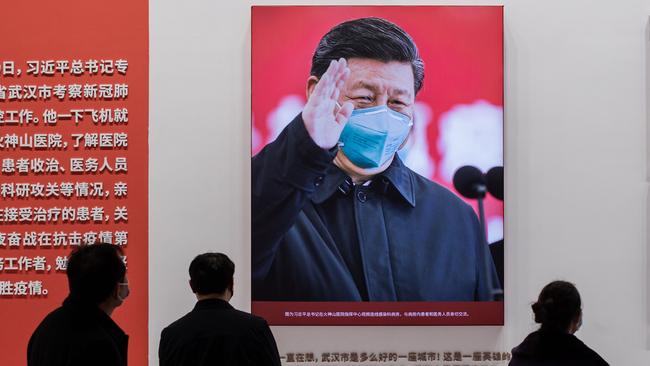
As we learn more about what happened in China in late 2019, it ought to prompt a rethink. If the virus did leak it will add spectacular incompetence and reckless disregard for safety to a pattern of lies, manipulation and cover-ups; all of which have cost the world, as well as China, unparalleled human and economic damage. The US, especially, has an opportunity to shift perceptions and change the narrative of inexorably diverging fortunes.
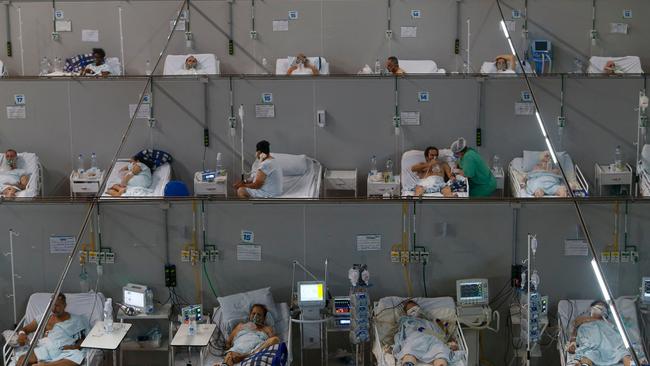
“We will bury you,” Nikita Khrushchev famously warned the West in 1956, a few decades before the West buried the Soviet Union.
Socialism with Chinese characteristics has always claimed to be a superior version of the ideology and in the last 30 years might even have seemed so. As we learn more about the realities rather than the fiction Beijing and its enablers in the West want us to believe, who would be so confident that Chinese Marxism will manage a better fate?
The Times



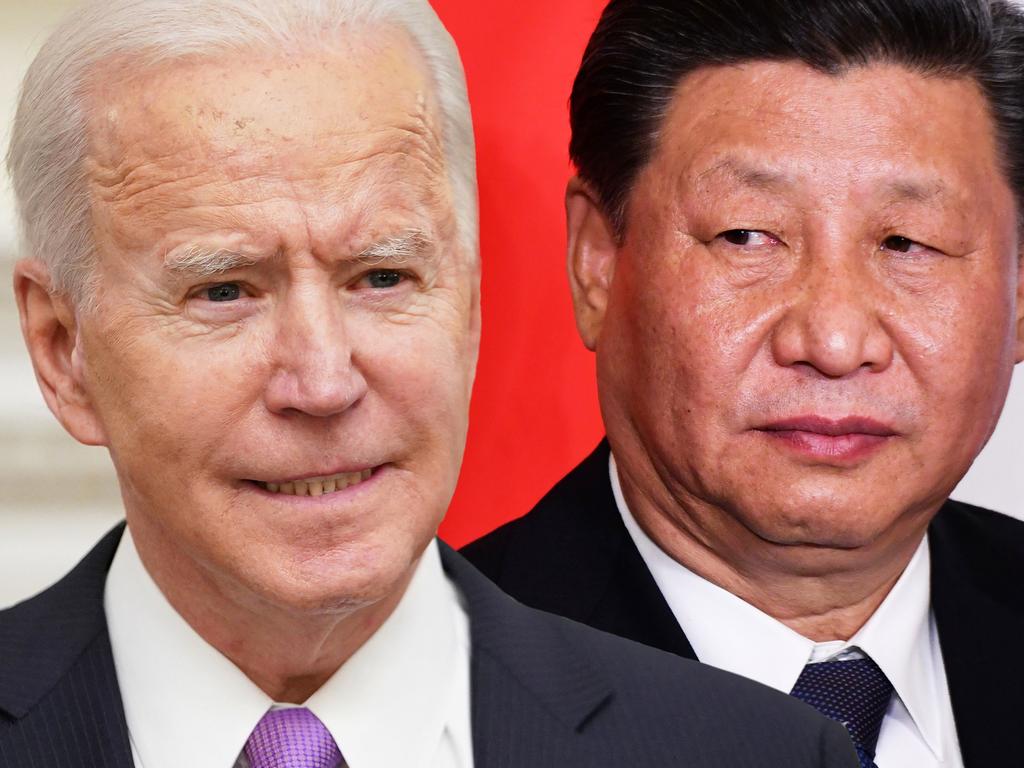




To join the conversation, please log in. Don't have an account? Register
Join the conversation, you are commenting as Logout